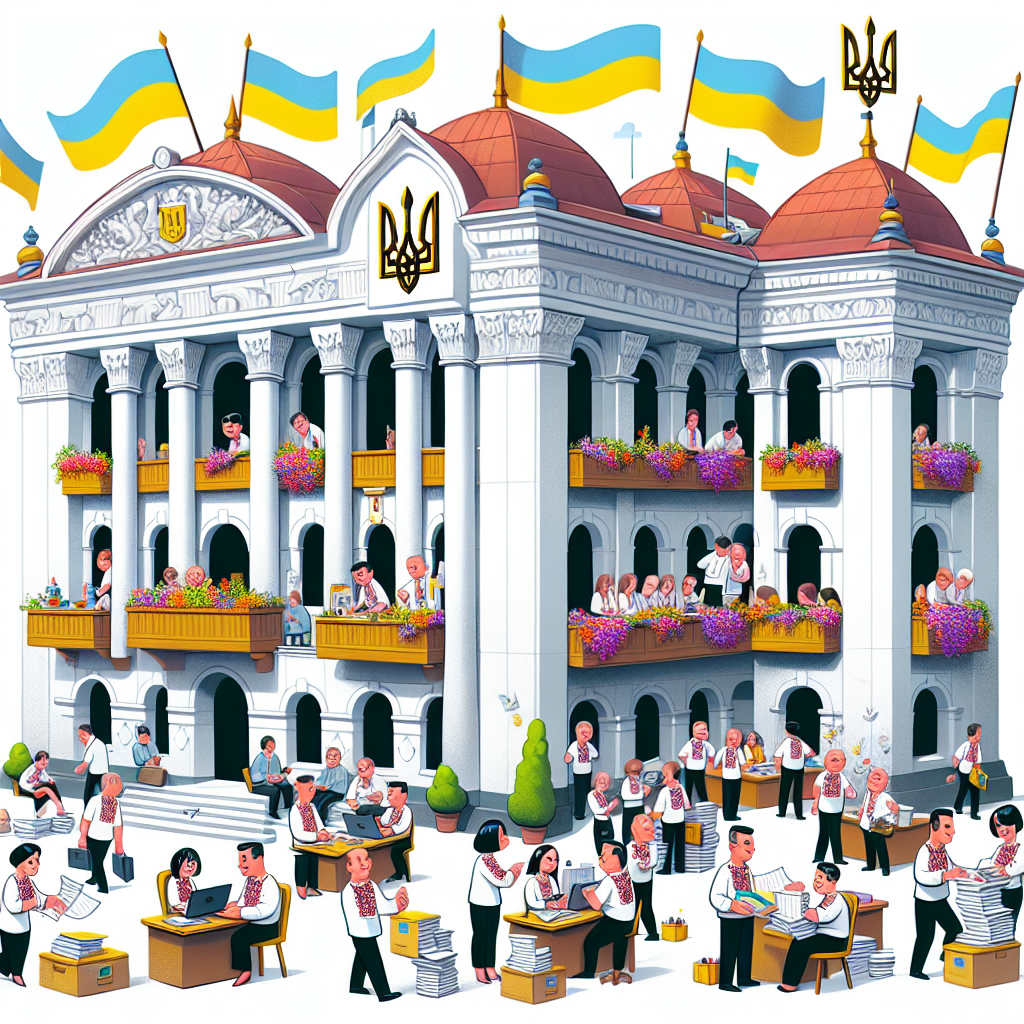Japan's Political Tightrope: Election Dangers and Economic Jolts
Japan's ruling coalition faces potential defeat in an upper house vote, threatening economic stability and complicating U.S. trade talks. Prime Minister Ishiba may need to broaden his coalition amidst rising inflation and voter discontent. A surprise populist party could shift Japan's political landscape.

Japan's ruling coalition is bracing for another political blow in an upper house vote, which could shake investor confidence in the world's fourth-largest economy and affect crucial tariff discussions with the U.S. Prime Minister Shigeru Ishiba's party, in power for much of the post-war period, is predicted to lose its majority once again.
The election could leave Ishiba reliant on opposition parties advocating for increased fiscal spending, potentially escalating the sale of government bonds. In a worst-case scenario, analysts suggest Ishiba may be forced to resign, sparking political upheaval as crucial trade deadlines with the U.S. loom.
To prevent such outcomes, Ishiba may widen his coalition or form informal agreements with opposition factions. Yet inflation and disenchantment among voters, particularly over rice prices, have fueled support for parties promising tax cuts, while the emergence of a new populist party could reshape Japan's political dynamics.
- READ MORE ON:
- Japan
- Shigeru Ishiba
- LDP
- election
- investors
- tariffs
- U.S.-Japan trade
- coalition
- Sanseito
- inflation
ALSO READ
At WTO, India proposes retaliatory duties against US over auto tariffs
Wall St Week Ahead-Investors eye tariff deadline as US stocks rally
Ryanair hopeful that commercial aircraft will be exempt from US-EU tariffs
At WTO, India proposes retaliatory duties against US over auto tariffs
UPDATE 1-TSMC to delay Japan chip plant and prioritise US to avoid tariffs, WSJ reports










